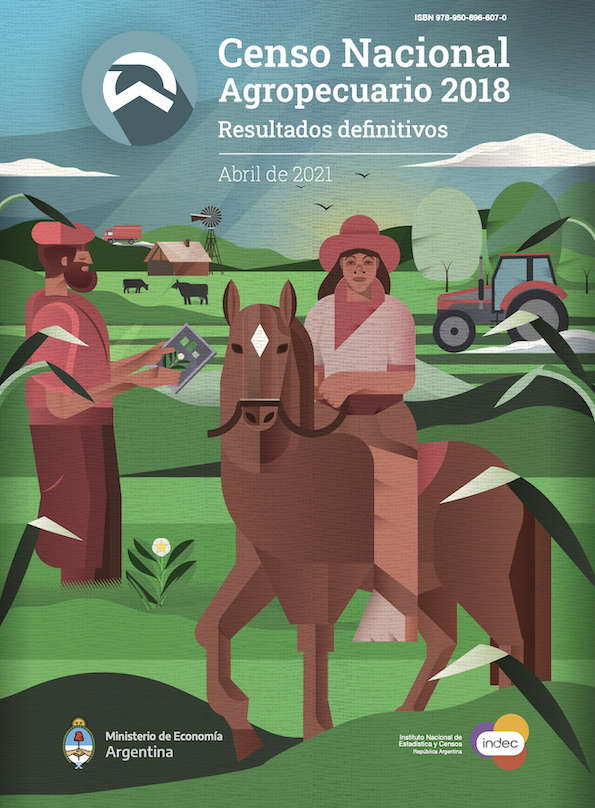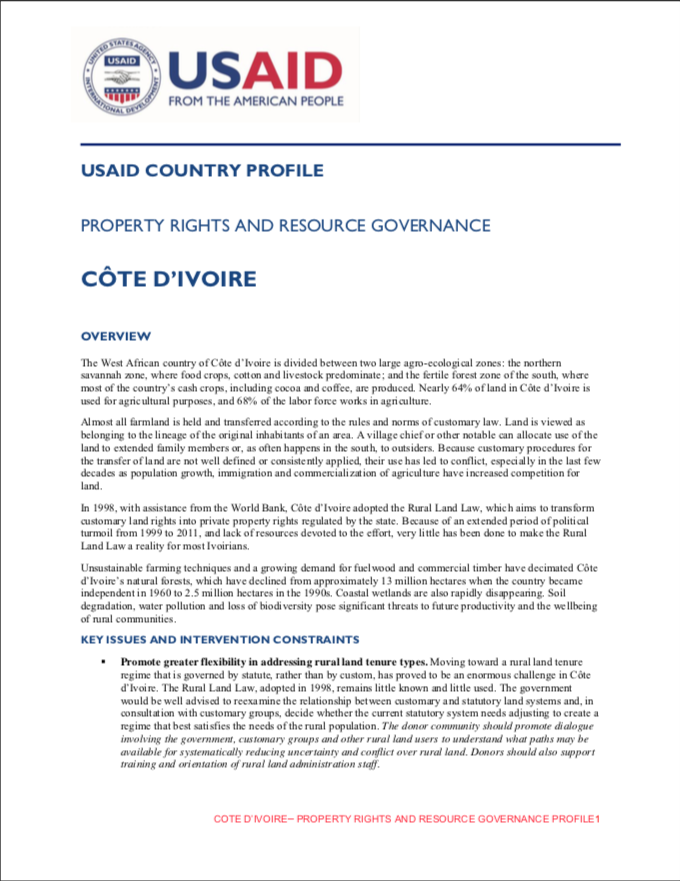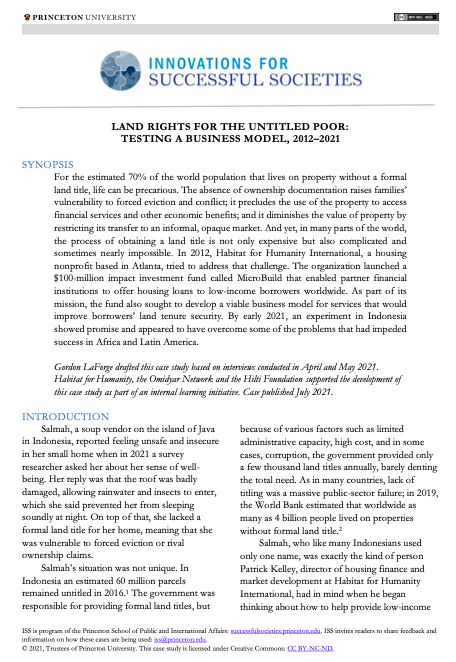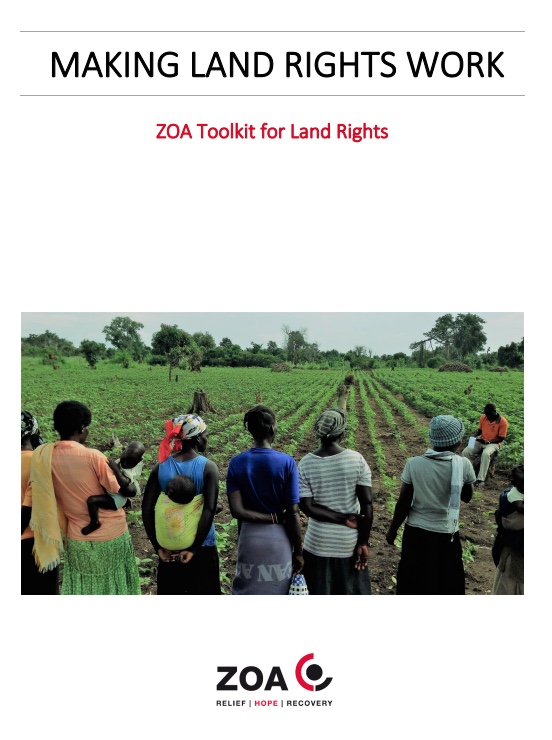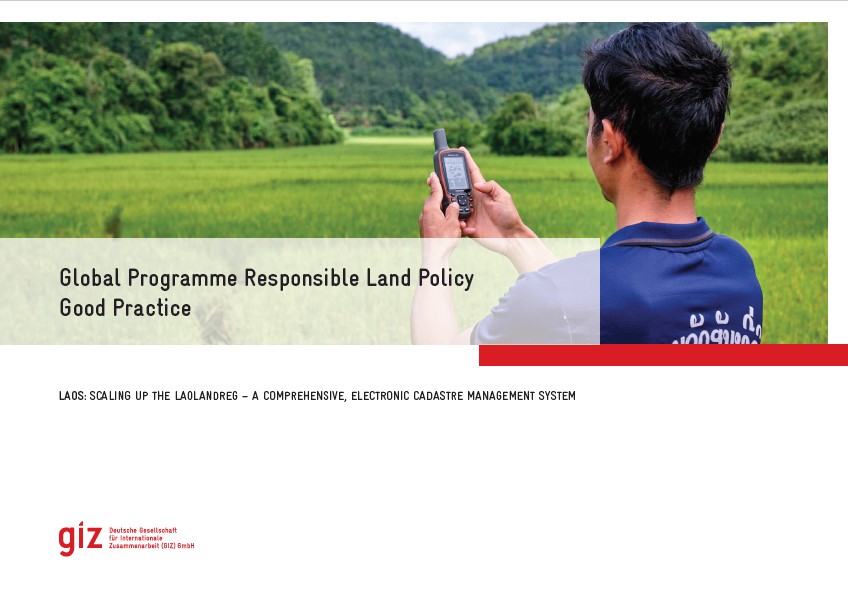Pathways to improving and scaling Land Tenure Registration (LTR) approaches in Burundi
This scoping study on ways to improve tenure security in Burundi is commissioned by the Netherlands Enterprise Agency (RVO). RVO is responsible for the implementation of the LAND-at-scale program, which is a program launched by the Dutch Ministry of Foreign Affairs to contribute to improved land governance around the world.


